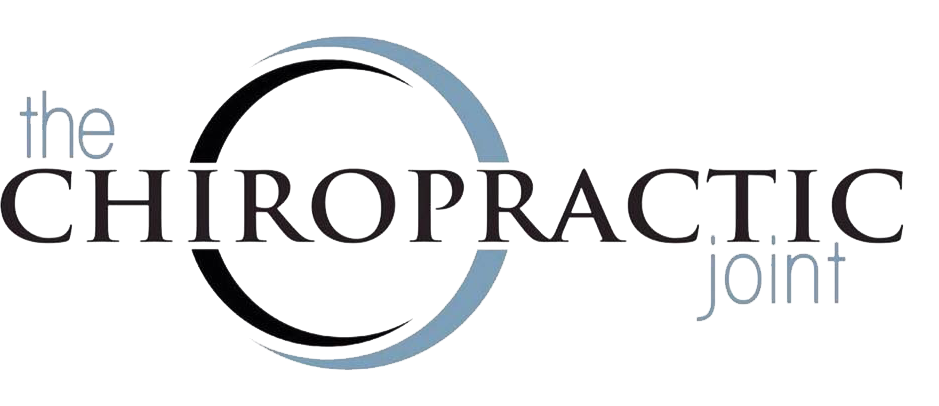A woman’s pre-pregnancys diet may determine baby’s gender…
What a woman eats before pregnancy may play a role in whether the baby is a boy or a girl, according to surprising new research.
Women who have a hearty appetite, eat a lot of potassium-rich foods like bananas, and don’t skip breakfast appear more likely to have a boy. Previous studies have also shown that male embryos do best with longer exposure to nutrient-rich lab cultures.
It could be that more nutrients are needed to build boys than girls. Women who ate at least one bowl of breakfast cereal daily were 87 percent more likely to have boys than those who ate no more than one bowlful per week, a possible sign that they were skipping breakfast.
Among women with the highest calorie intake before pregnancy (but still within a normal, healthy range), 56 percent had boys, versus 45 percent of the women with the lowest calorie intake. Women who had boys also ate an additional 300 mg of potassium daily on average, and about 400 calories more daily, compared to women who had girls.
The research involved about 700 first-time pregnant women, and has been billed as the first to show a link between a woman’s diet and the gender of her offspring. The women were asked about their eating habits in the year before getting pregnant.
See Full Article :
Doctors Note:
I thought this article was interesting. Here are some helpful food advices.
Eat Omega 3 Rich Food
AVOID Trans-fat(All Partially Hydrogenated Oils)
Do not over-eat (Which can cause preeclampsia, gestational diabetes, premature birth, birth defects ,have a stillborn child and having children who may become obese)
Avoid vegetarian diet
Avoid increase intake of sugar and High Fructose Corn Syrup
Avoid Artificial sugars, MSG and Soy
Avoid Soda
Maternal exercise during pregnancy may have a beneficial effect on fetal cardiac programming by reducing fetal heart rate and increasing heart rate variability. Researchers studied fetal heart rates with magnetocardiography (MCG), a safe, non-invasive method used to record the magnetic field surrounding the electrical currents generated by the fetal heart and nervous system.
There were significantly lower heart rates among fetuses that had been exposed to maternal exercise. The heart rates among non-exposed fetuses were higher, regardless of the fetal activity or the gestational age.
The researchers concluded that exercising during pregnancy can benefit a mother’s own heart and her developing baby’s heart as well.
Doctors Note:
Exercise during pregnancy also give you an easier labor and faster recovery from birth, a lower risk of gestational diabetes, fewer pregnancy symptoms like backache, leg cramps and constipation, a leaner baby, a lower risk of premature birth and an improved mood.
You should AVOID exercises that:
Could cause trauma to your abdominal area (Contact Sports)
Require very good balance, such as biking or skiing
Require you to lie on your back (this can restrict your blood flow and is not recommended after your first trimester)
Strenuous Exercise
Anything that causes pain and discomfort



